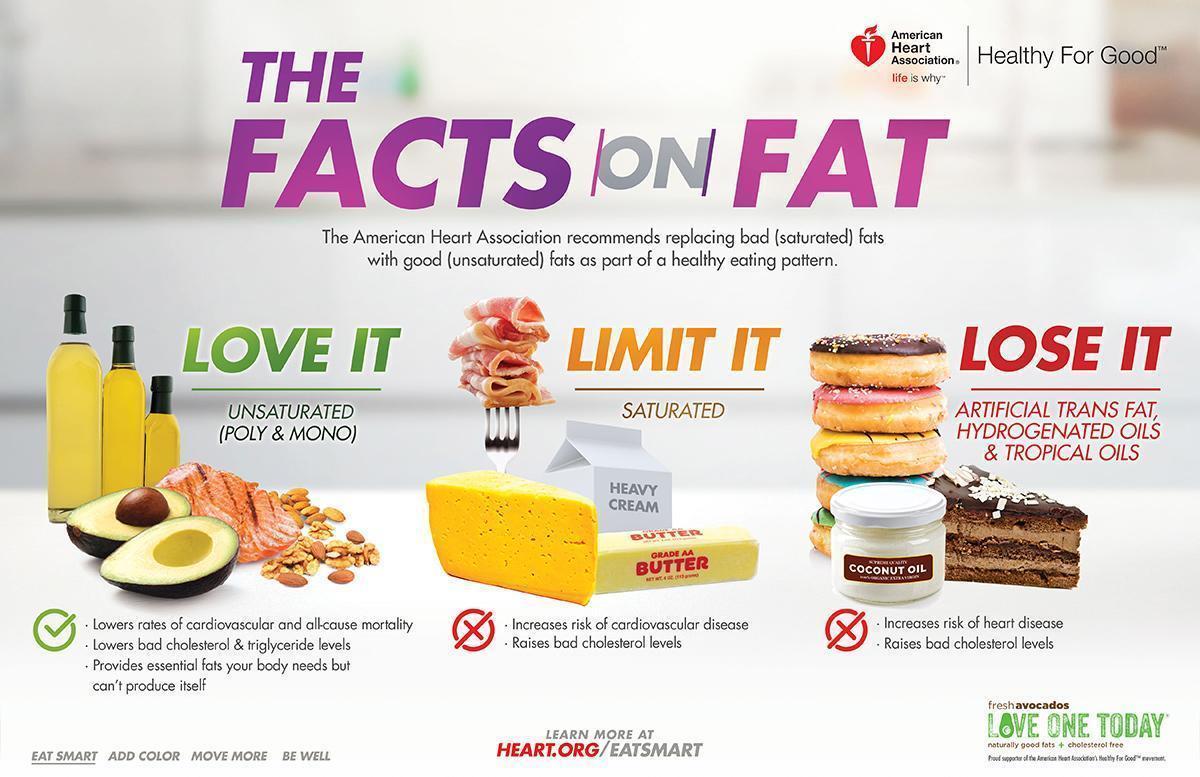Mage
Member
- Joined
- Jun 29, 2017
- Messages
- 55
I don't know if someone's already posted this here, but I thought it was worth sharing! Masterjohn breaks down the whole American Heart Association's recent meta analysis and recommendations about coconut oil and its flaws:
https://chrismasterjohnphd.com/2017/06/24/coconut-oil-killing-us/
Most of what he's said is in agreement with Peat, which means:

(I really wanted to use this emoji, hahaha)
https://chrismasterjohnphd.com/2017/06/24/coconut-oil-killing-us/
Most of what he's said is in agreement with Peat, which means:

(I really wanted to use this emoji, hahaha)

